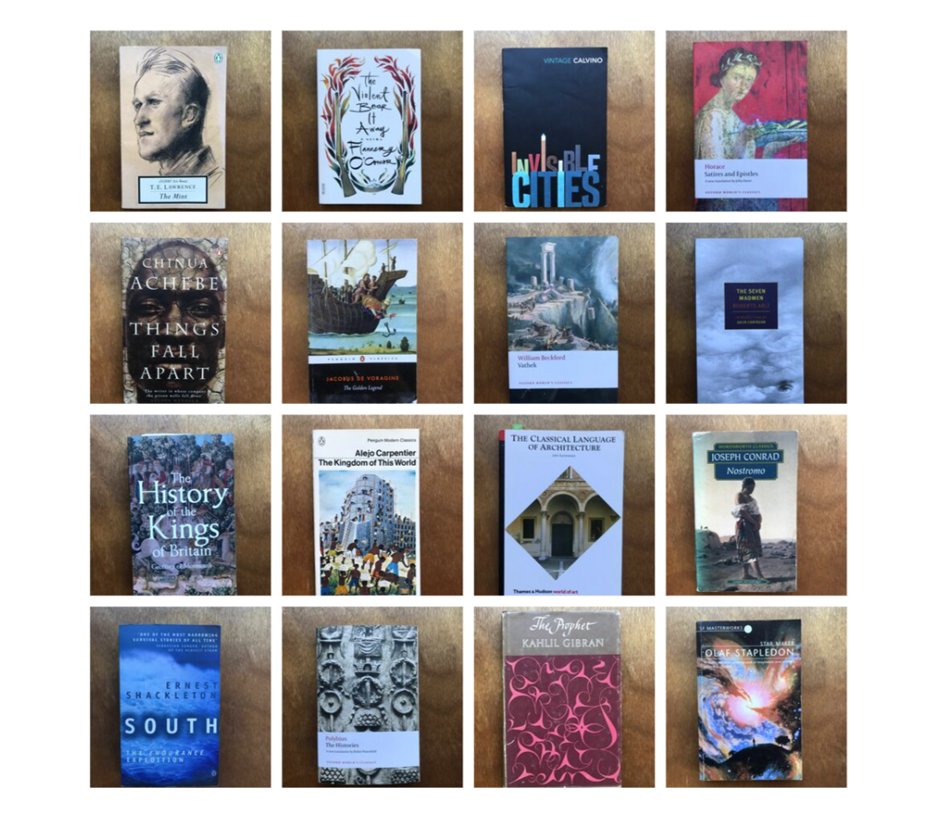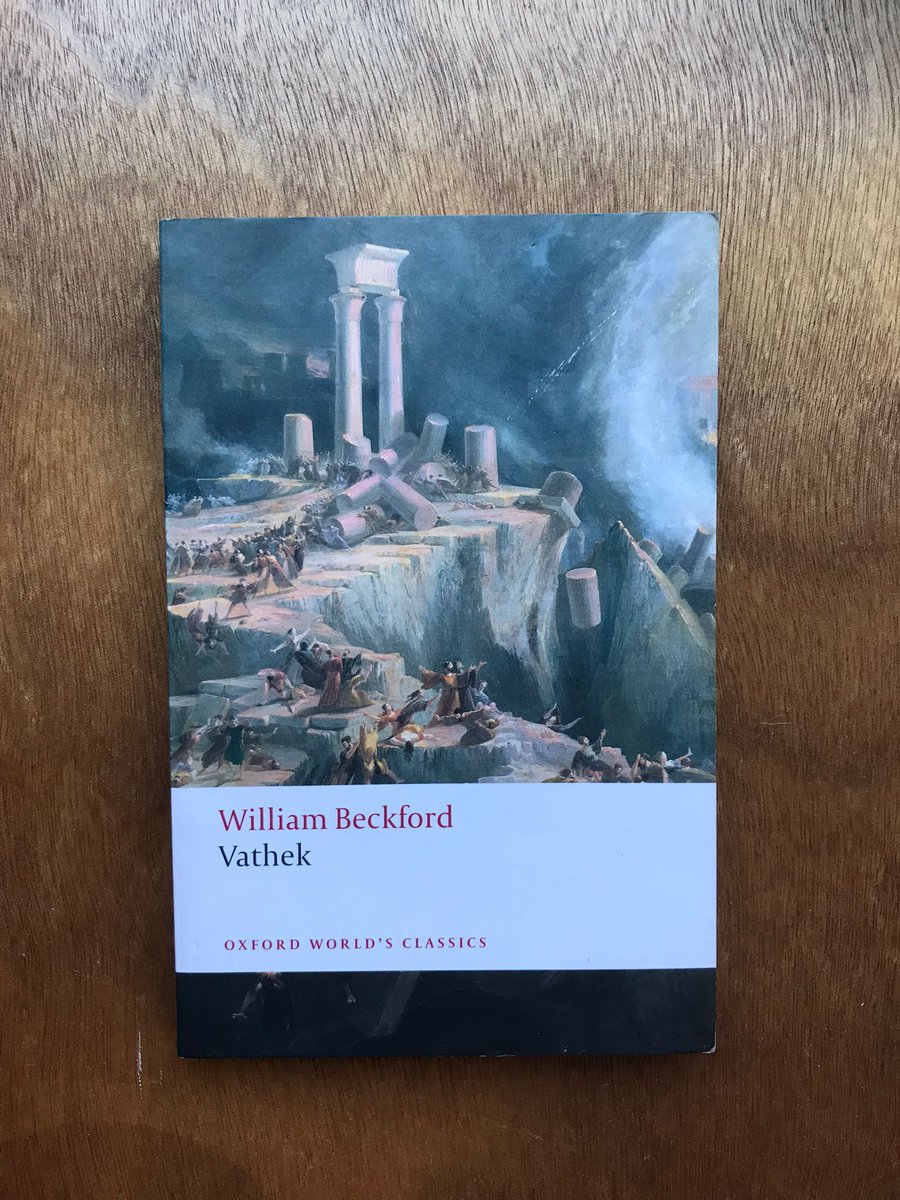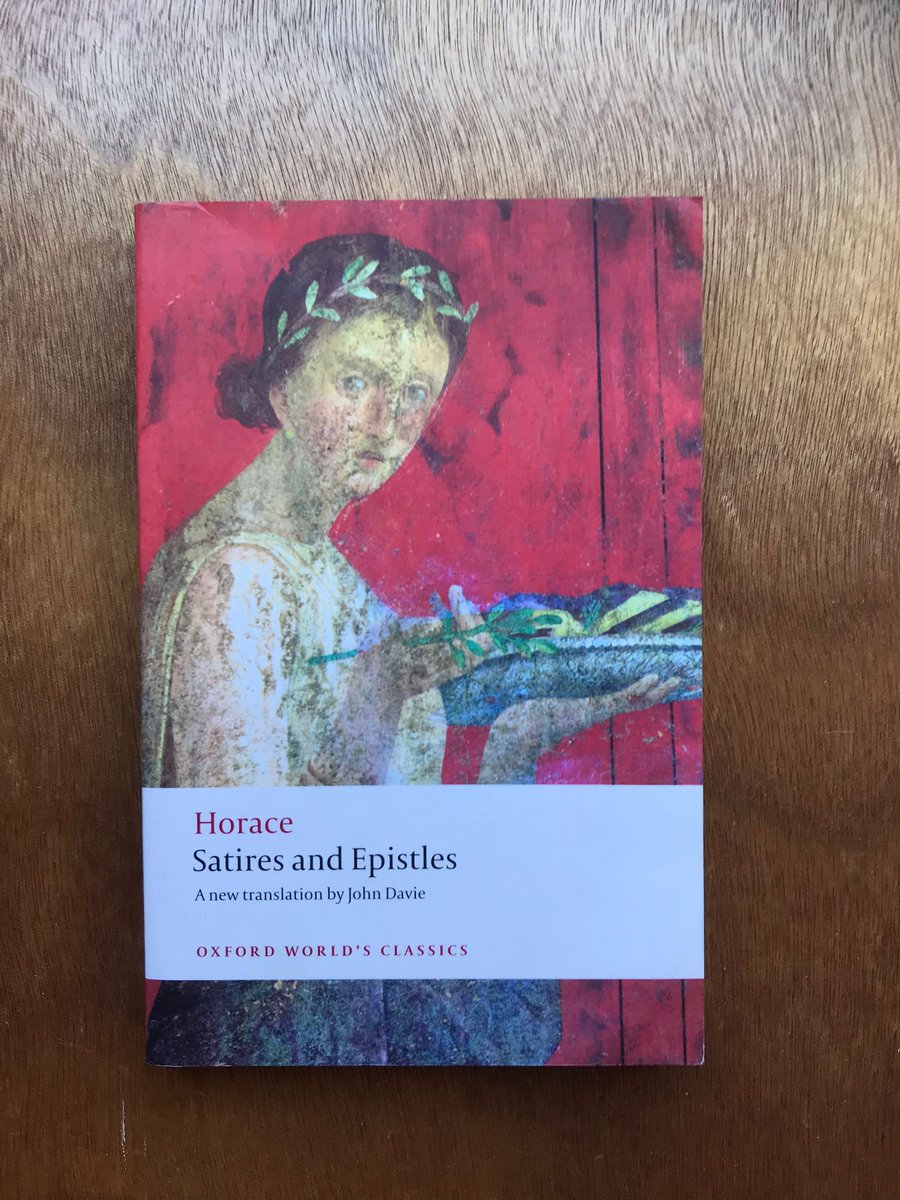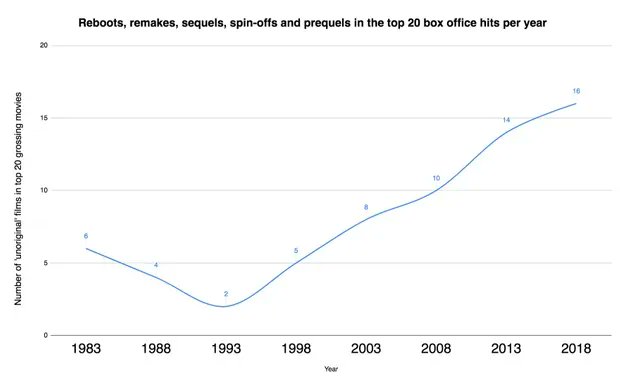
The Ancient Greeks had two words for time:
1. Chronos = sequential, quantitative time
2. Kairos = fluctuating, qualitative time
Here's why you need to understand kairos...
1. Chronos = sequential, quantitative time
2. Kairos = fluctuating, qualitative time
Here's why you need to understand kairos...
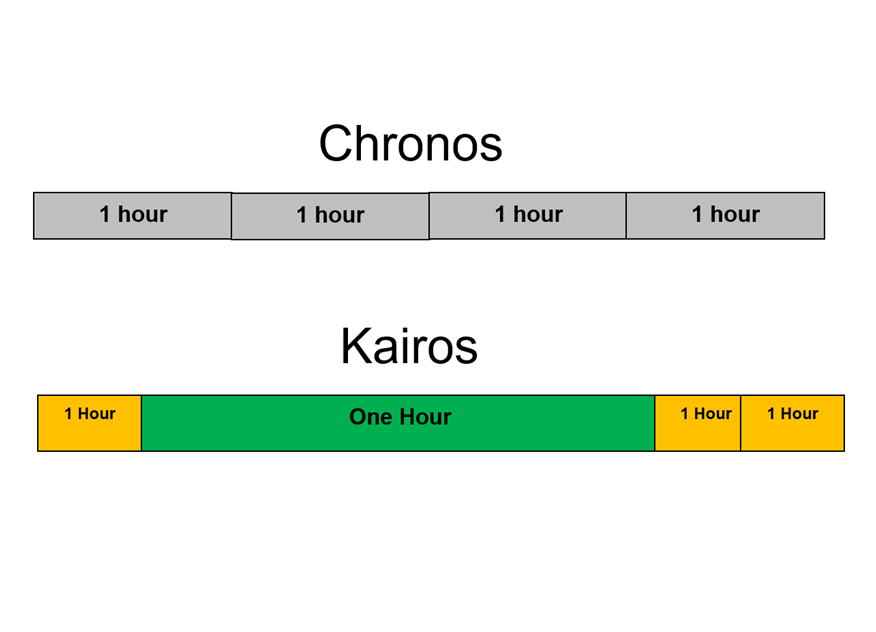
Chronos refers to time as we usually mean it: a sequence of equal parts.
There are twenty four hours in a day, and each hour is the same length of time.
It's what a clock measures, basically.
There are twenty four hours in a day, and each hour is the same length of time.
It's what a clock measures, basically.
Kairos refers to the way in which certain moments are more important or influential than others.
A clock can't measure that, but it's undeniable that some times are much more significant than others.
A clock can't measure that, but it's undeniable that some times are much more significant than others.
Think about the twenty fours in your average day.
Are they all spent equally? Do they all present equal opportunities? Of course not.
Many of them simply disappear. You look at the clock and two hours have passed while you were watching TV or chatting.
Are they all spent equally? Do they all present equal opportunities? Of course not.
Many of them simply disappear. You look at the clock and two hours have passed while you were watching TV or chatting.
While other moments in your day are much more noticeable.
Those ones where time seems to pass slower, or where - if you do the right thing - there can be significant consequences, for good or for bad.
Those ones where time seems to pass slower, or where - if you do the right thing - there can be significant consequences, for good or for bad.
This is what kairos refers to: those important moments, which are *not* equal to other, less critical moments.
An obvious example is something like the birth of one's child, an exam, getting married, or a job interview.
An obvious example is something like the birth of one's child, an exam, getting married, or a job interview.
But kairos doesn't just refer to those life-altering, memorable occasions.
It's about the fluctuation of events and circumstances which create opportunities.
Kairos measures the *importance* of a particular moment in time, rather than its duration.
It's about the fluctuation of events and circumstances which create opportunities.
Kairos measures the *importance* of a particular moment in time, rather than its duration.
Try thinking about your day in terms of kairos, not chronos.
Which moments are the most important? Which moments are the most useful? Which moments give you an opportunity to do something consequential?
Focus on them. Use them when they arrive.
Which moments are the most important? Which moments are the most useful? Which moments give you an opportunity to do something consequential?
Focus on them. Use them when they arrive.
But remember: kairos is ever-changing, because events and circumstances and people are ever-changing.
You can't control it, just like you can't control chronos time.
But you can *act*. You can take the opportunities to which kairos draws your attention.
You can't control it, just like you can't control chronos time.
But you can *act*. You can take the opportunities to which kairos draws your attention.
A very familiar feeling to all of us is when, after an argument or debate or conversation, you suddenly realise what you *should* have said, but didn't.
That moment when you had the chance to say *just the right thing*? That's kairos.
That moment when you had the chance to say *just the right thing*? That's kairos.
Everybody knows that not all minutes, hours, days, or moments are equal. Kairos puts a name to that fundamental truth.
As Lenin said: in some decades nothing happens, and in some weeks a whole decade happens.
As Lenin said: in some decades nothing happens, and in some weeks a whole decade happens.
This is the kind of thing I write about in my free weekly newsletter, Areopagus.
Seven short lessons every Friday, including art, rhetoric, classical music, and architecture.
Make your week more interesting, useful, and beautiful:
culturaltutor.com/areopagus
Seven short lessons every Friday, including art, rhetoric, classical music, and architecture.
Make your week more interesting, useful, and beautiful:
culturaltutor.com/areopagus
• • •
Missing some Tweet in this thread? You can try to
force a refresh







